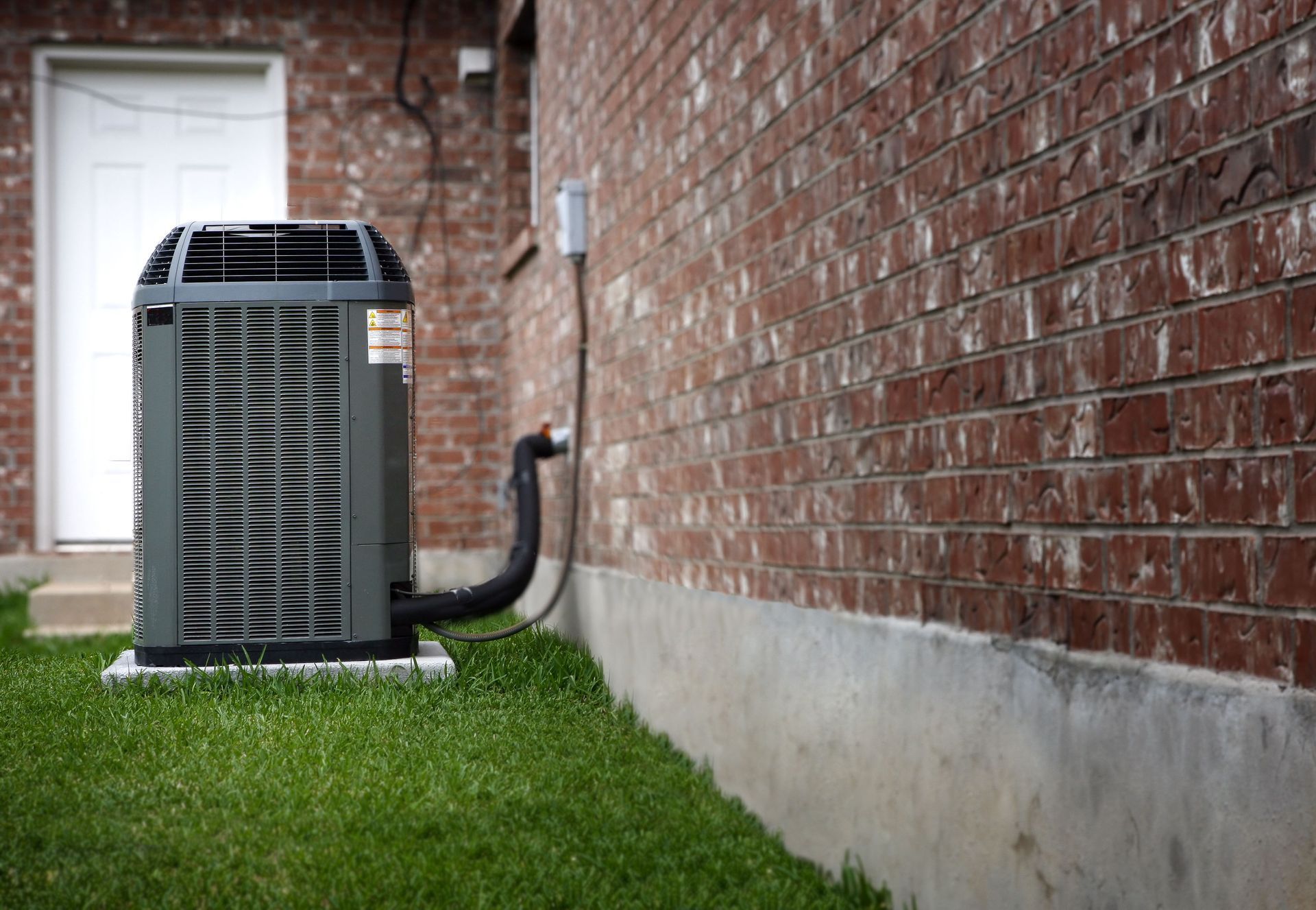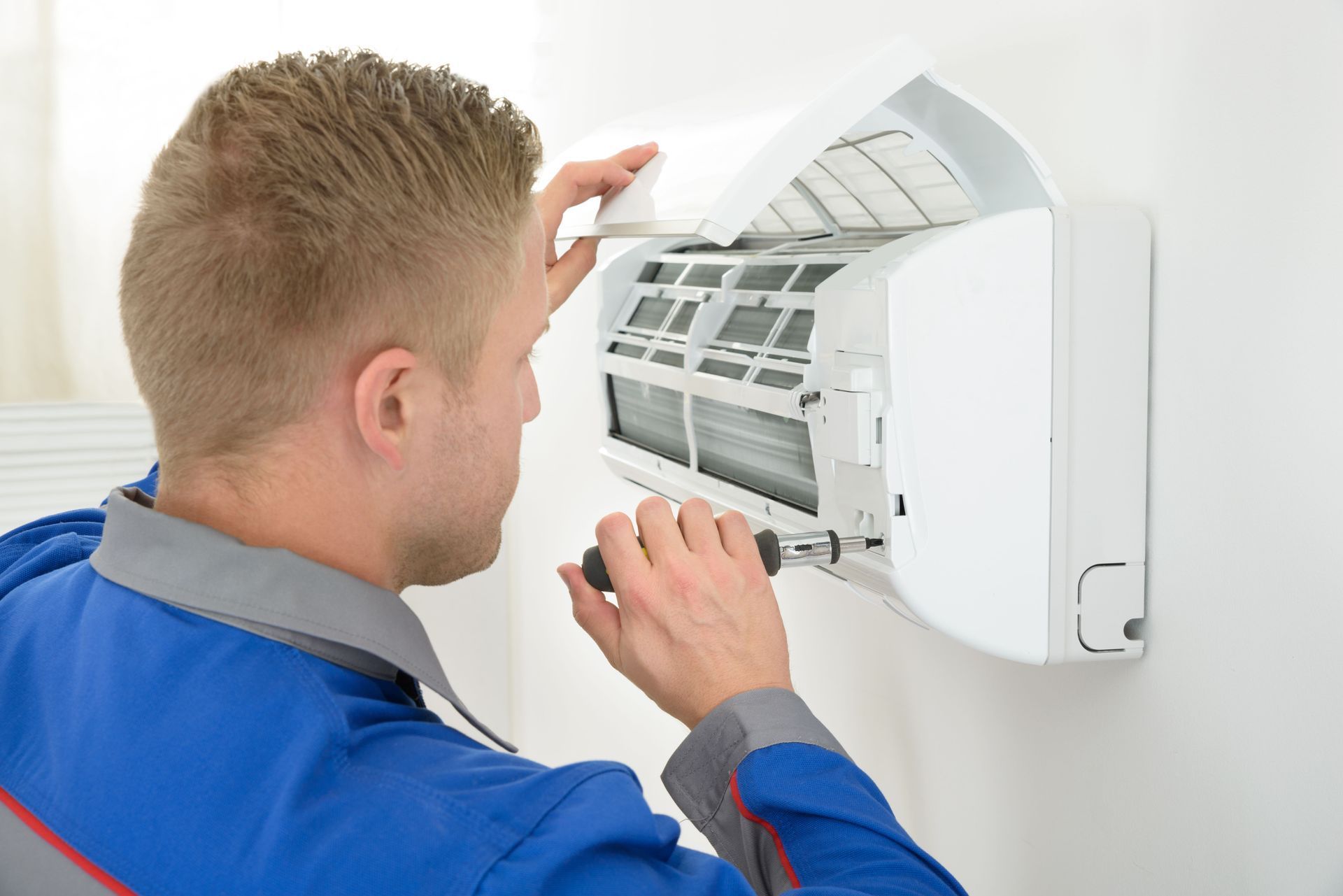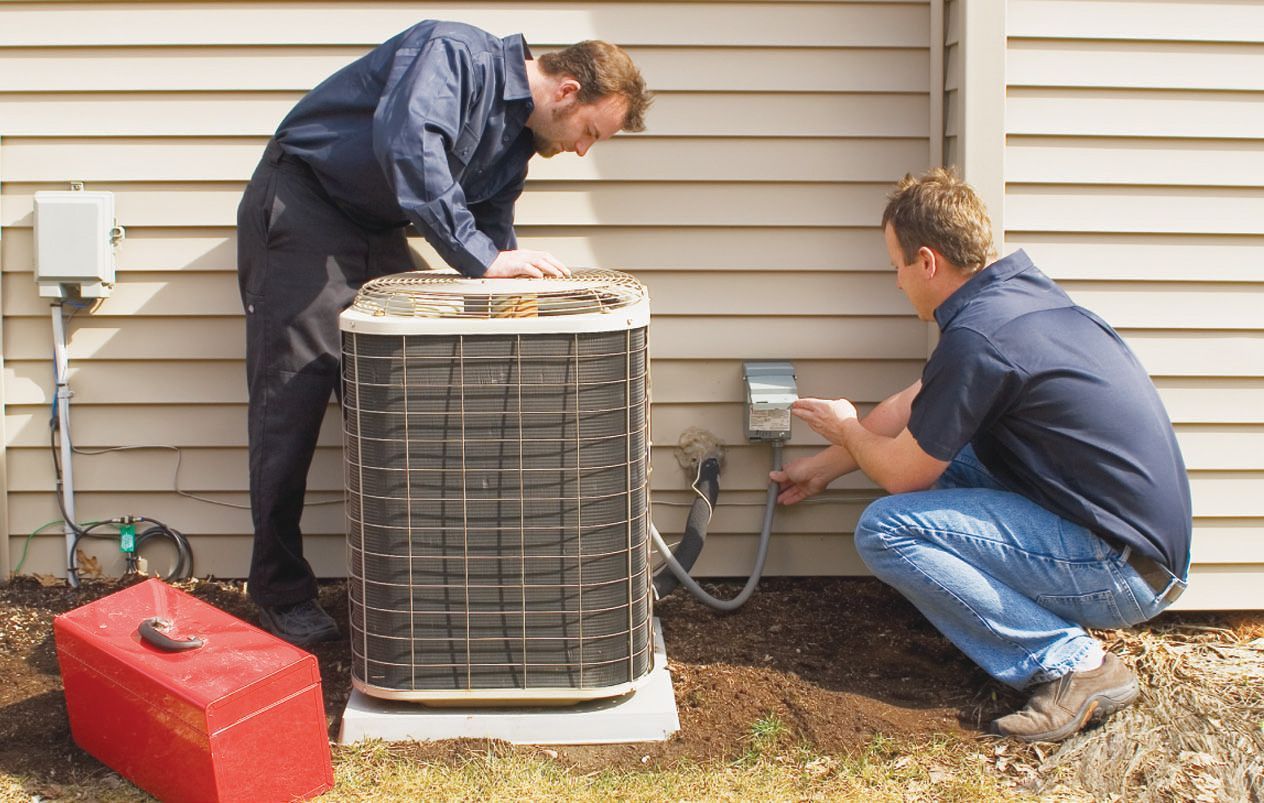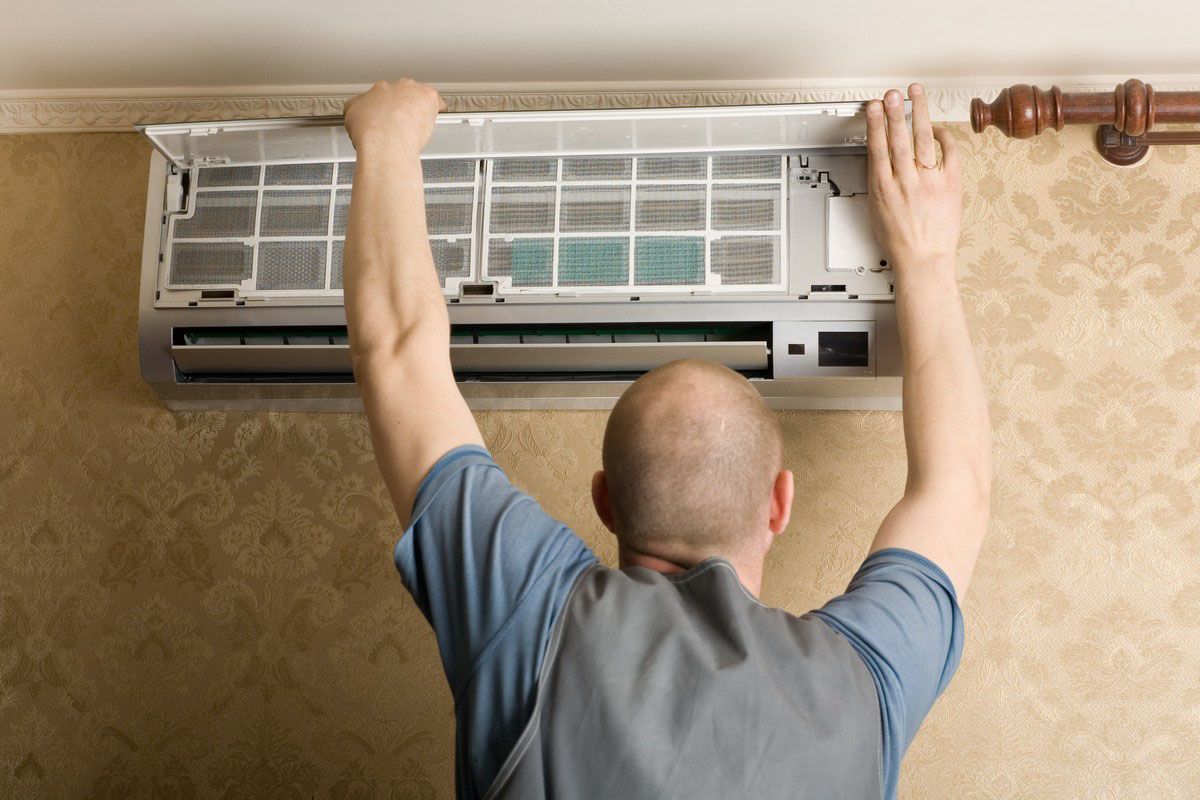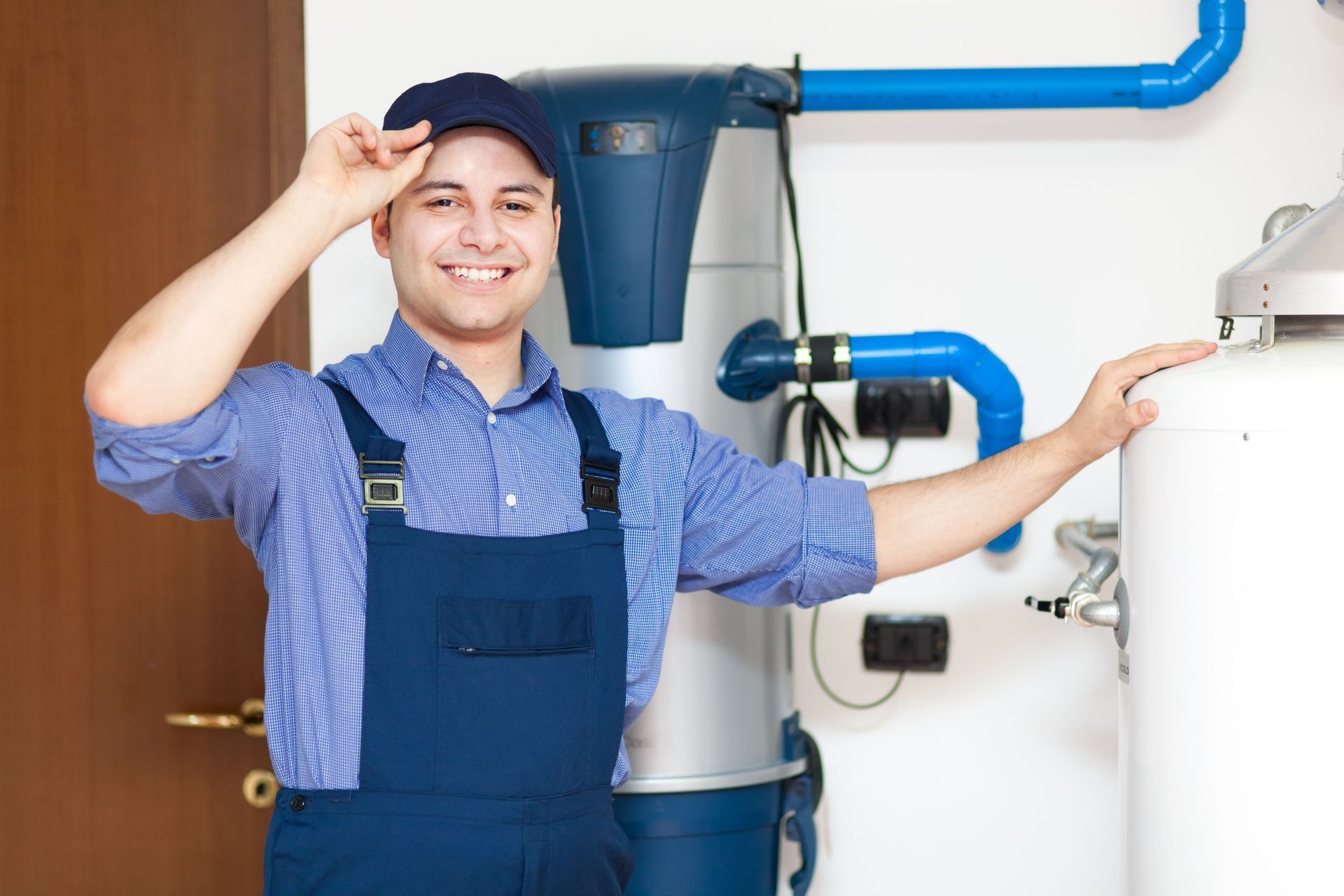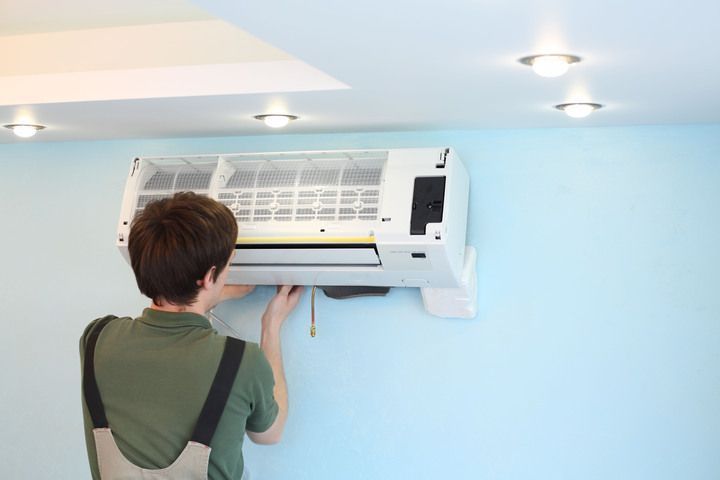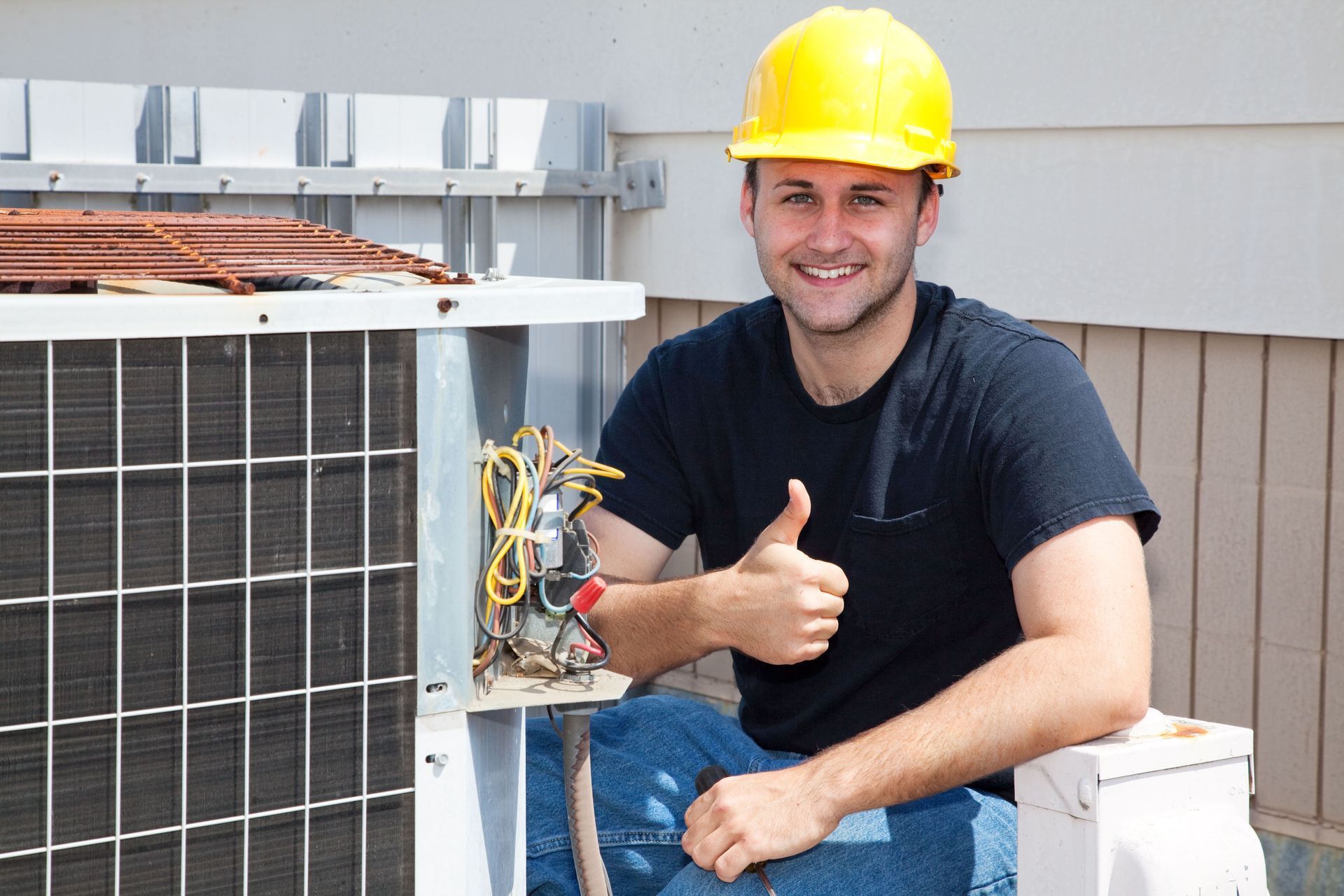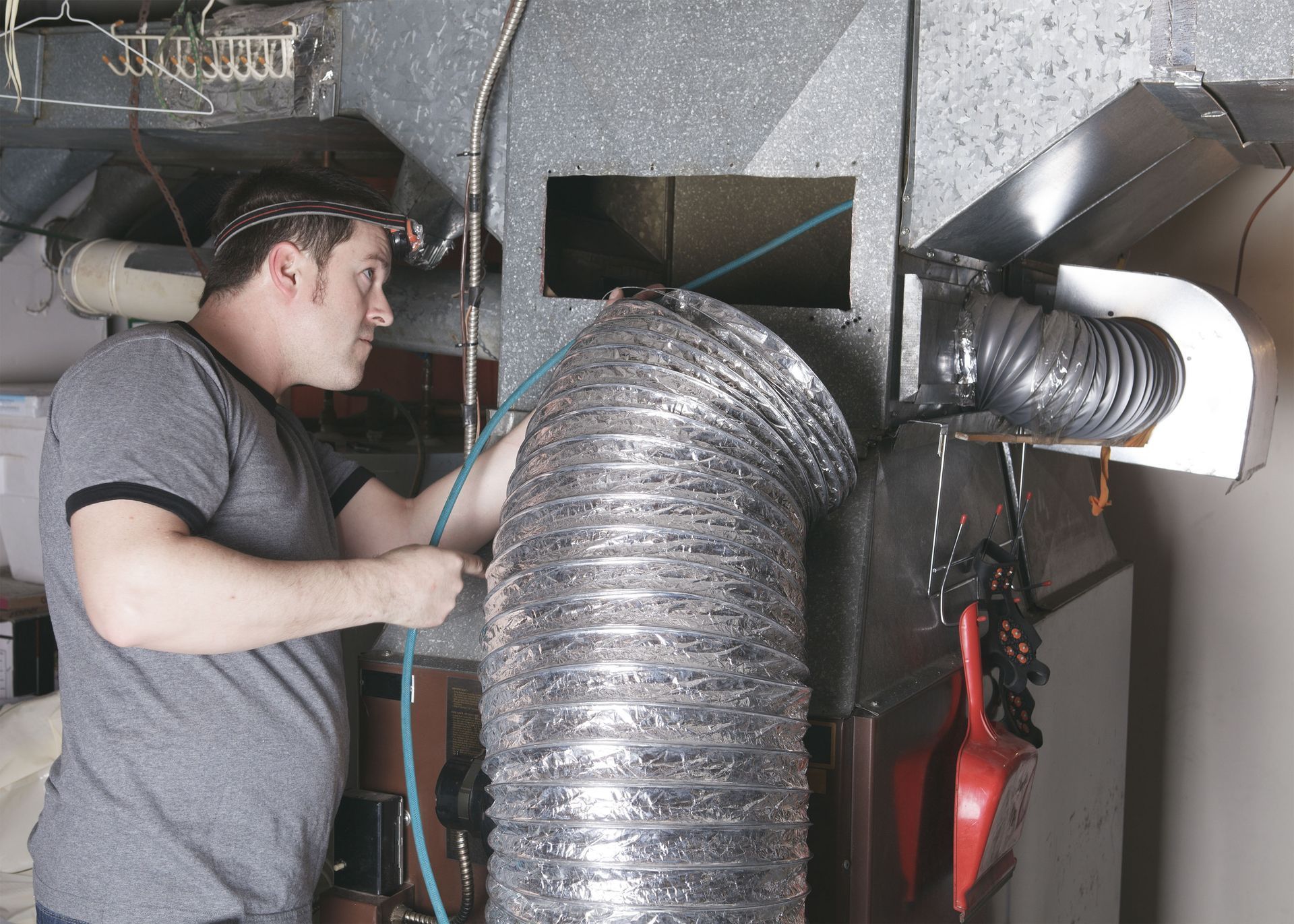The 2025 Refrigerant Change: How Does It Affect You and Your Home?
As we progress through 2025, homeowners and industry professionals alike are focusing on the upcoming changes in refrigerants used in HVAC systems. This transition, aimed at reducing environmental impact and promoting energy efficiency, has been in the pipeline for several years. For homeowners, understanding what these changes entail and how they might affect AC installation, household appliances, and costs is crucial for making informed decisions about HVAC maintenance and upgrades.
Introducing A2L
One of the key shifts includes the introduction of A2L refrigerants, as mandated by the American Innovation and Manufacturing Act of 2020. According to the National Association of Home Builders, the HVAC industry will be required to transition to these A2Ls starting in 2025. These refrigerants are designed to be less harmful to the environment by possessing a lower Global Warming Potential (GWP) compared to their predecessors. While this is a step forward for environmental sustainability, homeowners should prepare for how these changes might impact the performance and safety of existing HVAC systems.
Considering Safety
The adoption of A2L refrigerants introduces considerations regarding safety and retrofitting. A2Ls are mildly flammable, which necessitates some adjustments in how current HVAC systems operate. It's important for homeowners to consult with certified HVAC technicians to determine if their current systems can accommodate these new refrigerants or if modifications are required. Retrofitting existing units may come at an upfront cost, but investing in qualified professionals ensures that the transition is handled safely and efficiently, potentially leading to long-term savings on energy costs.
Impacting Markets
Moreover, the switch to A2Ls impacts the market dynamics for HVAC units and the appliances they affect. As the demand for newer refrigerant-compatible systems increases, the availability of parts for older systems may decrease. Homeowners should consider the potential for future repairs and the availability of replacement parts for older systems. Planning ahead and potentially exploring incentives or rebates available for upgrading to modern, refrigerant-compliant systems can help ease the transition both financially and operationally.
The 2025 refrigerant change, driven by the American Innovation and Manufacturing Act, presents both challenges and opportunities. Homeowners have a unique chance to contribute to a more sustainable environment while also updating their own home systems for improved performance and efficiency. By staying informed and proactive about these changes, you can ensure that your home remains both comfortable and compliant with new standards, paving the way for a more energy-efficient future. If you have additional questions about how this will affect your AC installation , contact our team at Air Products Heating & Cooling today.

